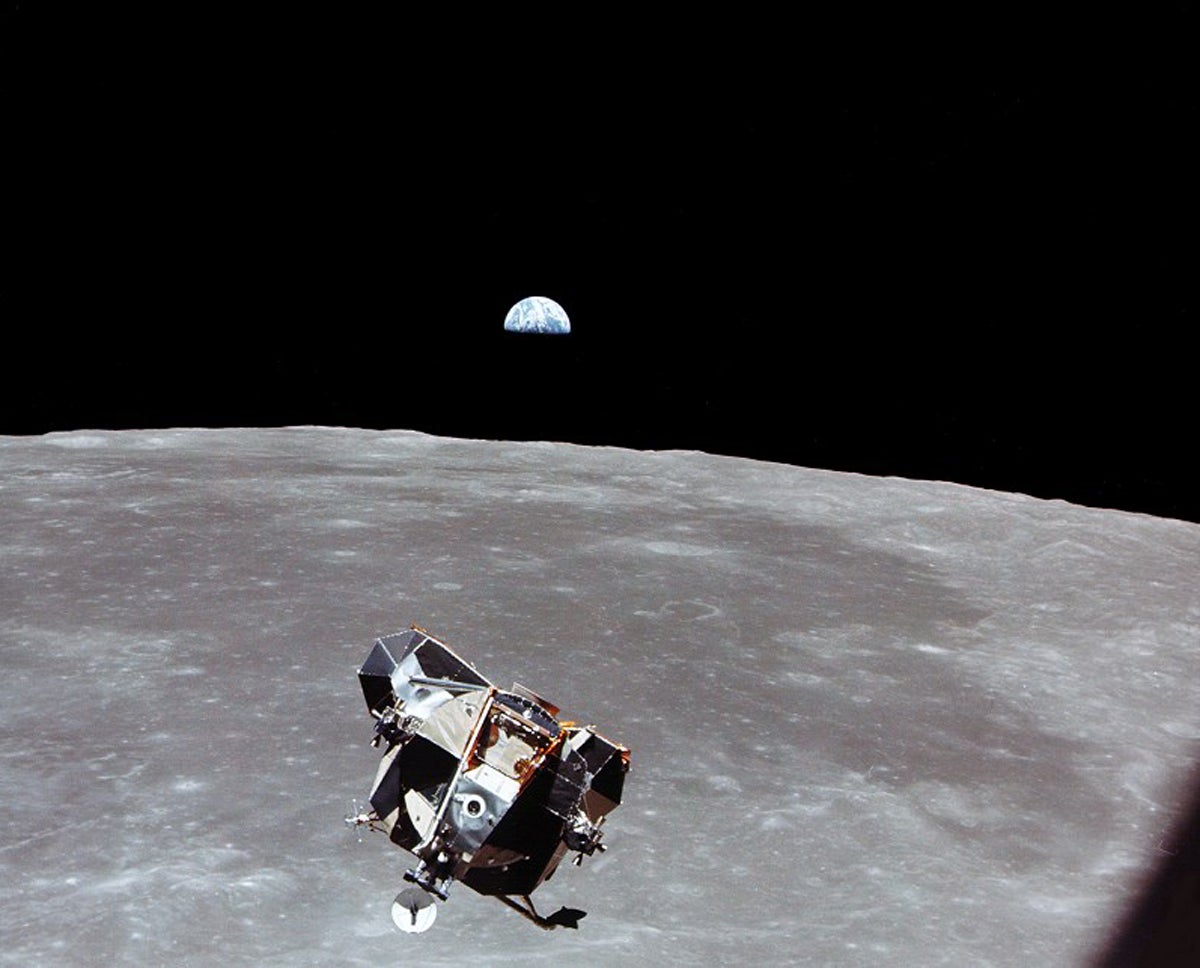

Gordon was selected to command the Apollo 18 lunar landing, which was later cancelled. – Second seat on Gemini 11 veteran, flew as Command Module Pilot on Apollo 12. Buzz Aldrin – Second seat on Gemini 12, flew as Lunar Module Pilot on Apollo 11, the first Moon landing. Michael Collins – Second seat on Gemini 10, flew as Command Module Pilot on Apollo 11. Eugene Andrew Cernan – Second seat on Gemini 9A, flew as Lunar Module Pilot on Apollo 10, and commanded the final landing mission Apollo 17. David Scott – Second seat on Gemini 8, flew as Command Module Pilot on Apollo 9, and commanded the Apollo 15 lunar landing. – A veteran of Gemini 5 and commander of Gemini 11, commanded Apollo 12, the second lunar landing.įive of this group had Gemini flight experience (second-seat). Becoming the first man to set foot on the Moon. Young later commanded the successful Apollo 16 lunar landing.Īrmstrong – The commander of Gemini 8, commanded Apollo 11. Young – A veteran of Gemini 3 and commander of Gemini 10, flew as Command Module Pilot on Apollo 10. Stafford – A veteran of Gemini 6A and commander of Gemini 9A, commanded a lunar orbital test of the Lunar Module on Apollo 10. Lovell and his crew managed to return to Earth safely. This mission was unsuccessful, due to a Service Module electrical system failure caused by the explosion of an oxygen tank.


Lovell became the first to fly a second Apollo mission as commander of Apollo 13, the third lunar landing attempt. – The second-seat veteran of Gemini 7, and commander of Gemini 12, flew as Command Module Pilot (second seat) on Apollo 8. But when delays prevented the LM from being ready in time for its first flight in December 1968, Borman's mission was changed to the first lunar orbital flight of the CSM on Apollo 8. After his flight, McDivitt was promoted to Manager of Lunar Landing Operations, and in August 1969 was promoted to Manager of the Apollo Spacecraft Program.įrank Borman – The commander of Gemini 7, was selected to command a higher Earth orbit test of the complete Apollo spacecraft. This mission flew in March 1969 as Apollo 9. McDivitt – The commander of Gemini 4 was selected in late 1966 to command the first Earth orbital flight test of the Apollo Lunar Module with the CSM. White was killed with Grissom in the fire. White - A second-seat veteran of Gemini 4 who made the United States' first walk in space, was selected as Senior Pilot (second seat) on Apollo 1. – America's first man in space on Freedom 7 was originally selected to command Gemini 3, but was medically grounded for the duration of Gemini due to Ménière's disease and assisted Slayton in Flight Operations.Īfter corrective surgery, Shepard was restored to flight status and commanded Apollo 14, the third successful Moon landing mission. Twenty-one months after the Apollo 1 fire, he commanded the first CSM test flight, Apollo 7. – Pilot of Sigma 7 and commander of Gemini 6A, was selected to command a second CSM test flight which was canceled in late 1966, at which time he was reassigned as Grissom's backup. According to Slayton, Grissom would have been his choice to be the first to walk on the Moon. This mission ended in tragedy almost a month before its scheduled launch,1 when a cabin fire on the launch pad killed Grissom and his entire crew on January 27, 1967. Virgil "Gus" Grissom – Pilot of Liberty Bell 7 and commander of the first manned Gemini 3, was selected in 1966 to command the first manned mission, Apollo 1, a low Earth orbit test of the Apollo Command/Service Module.


 0 kommentar(er)
0 kommentar(er)
